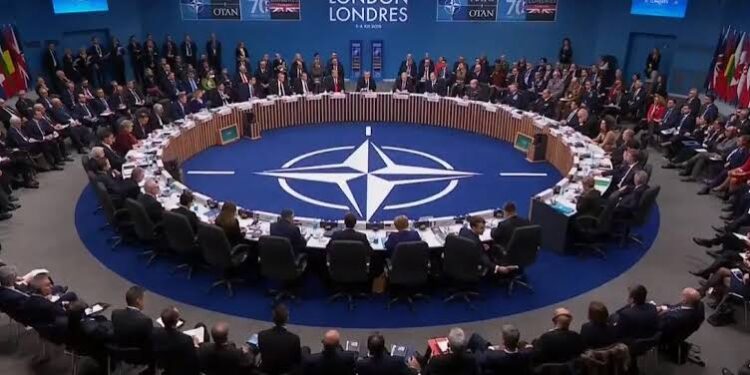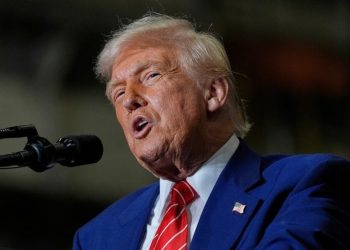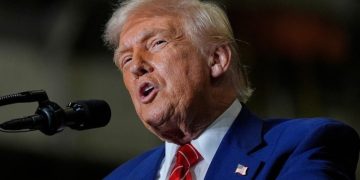Amid global geopolitical tensions, Hungary has taken a firm stance on NATO’s evolving strategy including their stance on China. Foreign Minister Peter Szijjarto made it clear that Hungary does not support transforming NATO into an “anti-China” alliance, arguing that such a move would undermine the organization’s core defensive mission.
His comments, delivered during a NATO summit in Washington, also highlighted concerns about Ukraine’s potential membership in the military alliance.
Hungary’s Position on NATO and China
Szijjarto emphasized that NATO should remain a defense-focused organization rather than aligning against China. “NATO is a defense alliance… we can’t organize it into an anti-China bloc,” he stated in an interview with Hungarian state television. He stressed that China is a vital trade and investment partner for Hungary, contrasting with other European Union nations that are seeking to reduce their dependency on Beijing.

Ukraine’s NATO Membership and Its Implications
The Hungarian Foreign Minister also voiced concerns about the ramifications of Ukraine joining NATO. He argued that Ukraine’s admission could weaken the alliance’s unity due to differing opinions among member states. “Ukraine’s admission wouldn’t strengthen but weaken the unity’s alliance, as there are completely different viewpoints on their membership,” Szijjarto noted. Furthermore, he warned that Ukraine’s membership could escalate the risk of open conflict between NATO and Russia, undermining the alliance’s defensive nature.
Context of Recent Diplomatic Activities
This stance comes on the heels of Hungarian Prime Minister Viktor Orban’s meeting with Chinese President Xi Jinping, where they discussed a potential peace deal for Ukraine. Orban’s recent engagements with both Kyiv and Moscow have stirred controversy within the European Union, as many EU leaders are avoiding high-level contacts with Russia due to its ongoing conflict with Ukraine.
NATO Summit Developments
At the NATO summit, leaders reiterated their support for Ukraine and its aspirations to join NATO. However, the draft summit communique highlighted China’s role in supporting Russia’s war effort in Ukraine, describing Beijing as a systemic challenge to European security. China, in response, criticized the communique for being biased and divisive.
Conclusion
Hungary’s firm stance on NATO’s strategic direction underscores the complexities and divergent views within the alliance. As global alliances and conflicts continue to evolve, the challenge remains in balancing defense objectives with diplomatic and economic considerations. Hungary’s perspective adds a crucial voice to the ongoing debate about NATO’s future role in global security dynamics.

















